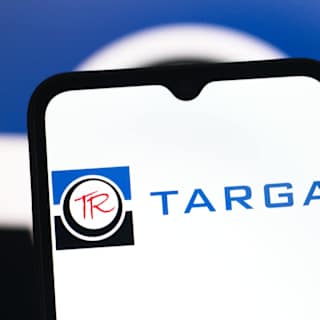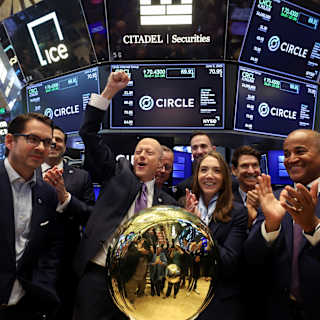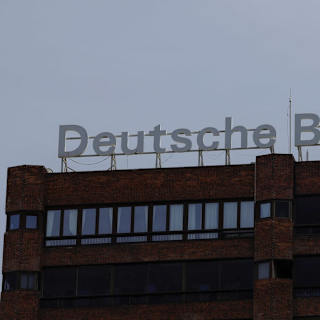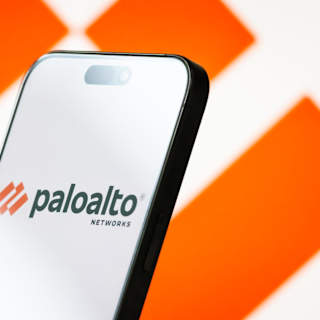- Analysts See Growth in $135 Billion Market
- Recent IPO Performance Draws Attention
- Virtual Care Platform Serves Growing Base
Seven major Wall Street firms initiated coverage on Omada Health with overwhelmingly positive ratings Tuesday, signaling strong institutional confidence in the virtual healthcare company just weeks after its public debut.
Goldman Sachs led the charge with a buy rating and $29 price target, representing potential upside of nearly 60% from the stock's current trading price of $18.30. Morgan Stanley, JPMorgan, Barclays, Canaccord Genuity, Needham & Company, and Evercore ISI all followed with buy or overweight ratings, setting price targets ranging from $19 to $29.
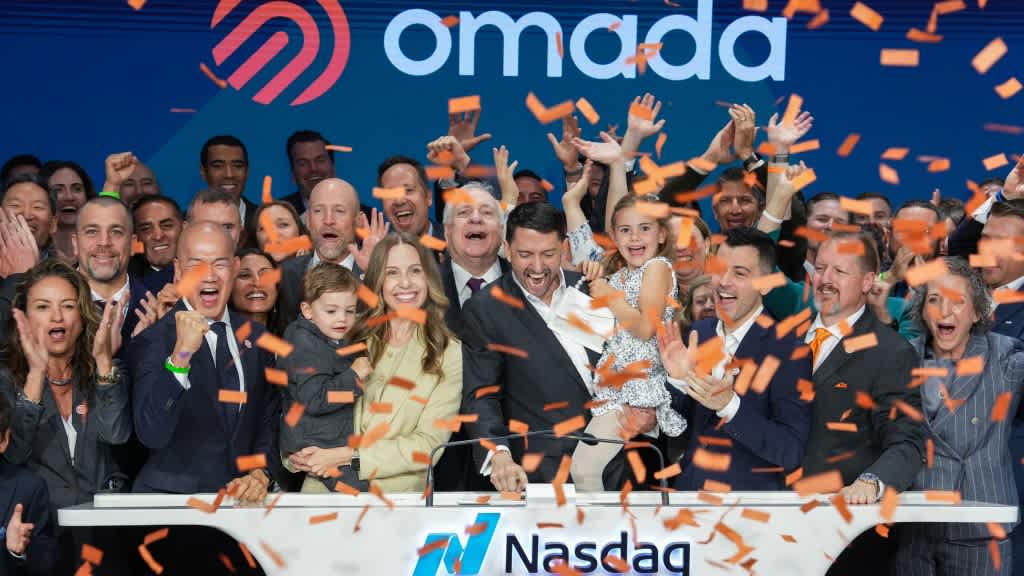
JPMorgan analysts view Omada as operating in a "$135 billion addressable market that remains minimally penetrated," projecting a 24% compound annual growth rate over the next three years1. The firm expects the company to achieve EBITDA profitability by 2027, with gross margins expanding to approximately 70% over time compared to the current 63%1.
Morgan Stanley highlighted the economic burden of chronic diseases, noting that individuals with four or more conditions cost an average of $21,000 annually—ten times more than those without underlying conditions2. The firm pointed to Omada's 29 peer-reviewed studies demonstrating program efficacy that generates over $1,000 in annual savings per member2.
The coordinated analyst coverage comes as Omada shares have gained momentum following the company's June 2025 initial public offering. The stock opened at $23 on its first trading day, well above the $19 IPO price, and hit a high of $28 before settling to current levels1. The offering valued the company at approximately $1.4 billion1.
Omada President Wei-Li Shao told Dow Jones that leadership viewed the timing as optimal, citing renewed focus on weight-related health issues driven by GLP-1 drugs like Ozempic and Wegovy1.
Founded in 2011, Omada provides virtual coaching and monitoring for chronic conditions including diabetes, hypertension, and musculoskeletal disorders1. The company serves more than 679,000 active members across 2,000 employer and health plan clients, with access to over 20 million contracted lives23.
The platform combines human-led clinical care with technology, including recent artificial intelligence features that allow patients to photograph meals for nutritional analysis4. Sales grew 38% to $169.8 million in 20244.
Evercore ISI analysts expect the company to maintain approximately 20% annual growth by attracting new customers and increasing penetration within existing accounts3.
